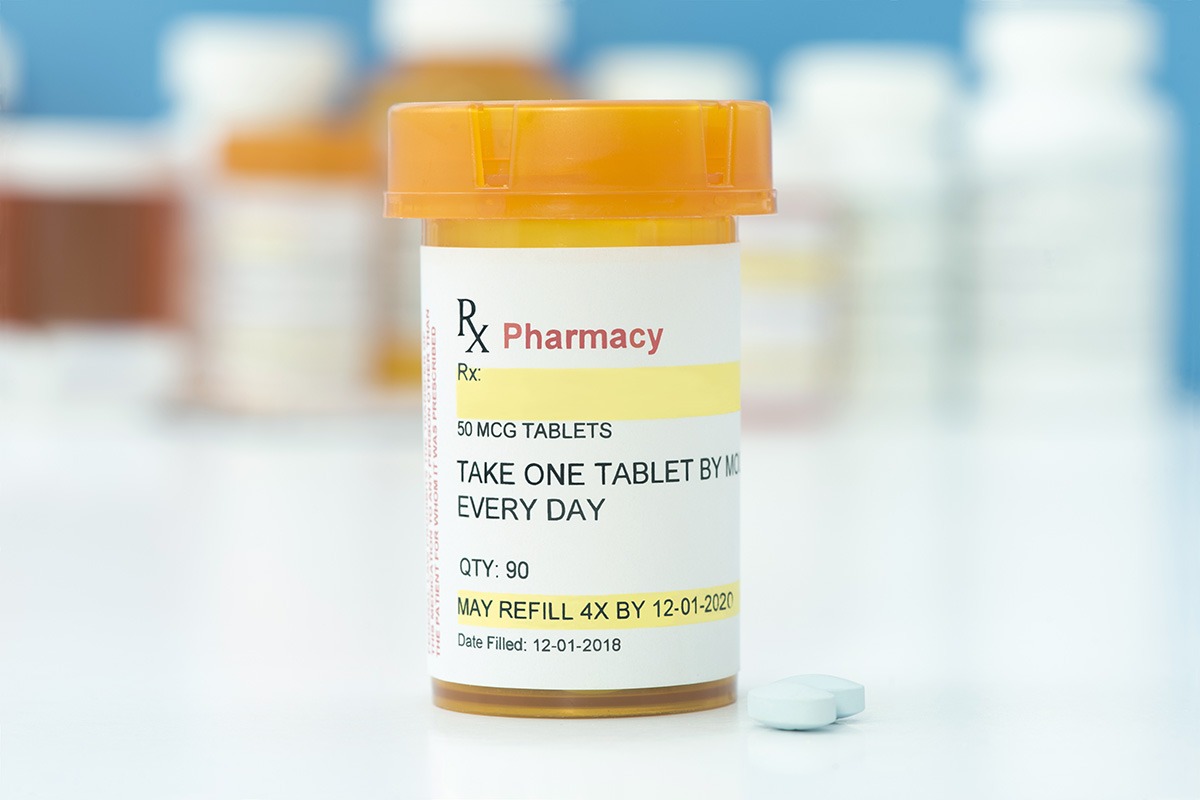Prescription drug abuse is one of the most dangerous drug addictions today. Opioids, which are highly addictive, are often prescribed to treat chronic pain. The client may have had a painful surgery, they may be suffering from complications from an accident, or they may be suffering from the painful side effects of an illness, like cancer. There has been a sharp increase in abuse of these painkillers and a high number of prescriptions written in recent years. Understanding how addiction begins can help you reach out for help if you or a family member is struggling.
Prescription Drug Abuse and Addiction
Many individuals develop addictions because they need pain relief. However, tolerance builds quickly, leading to a need for a higher dose. Some individuals also seek that addictive, temporary euphoric reward. Painkillers produce a massive level of endorphins. If taken excessively for an extended period, painkiller addiction can change brain functioning for the worse.
Prescription drug abuse is problematic because the addiction may have been unintentional. Medical doctors routinely prescribe them to provide pain relief for clients. However, painkillers provide a legitimate purpose for many. When used properly and in small doses, it can be an effective method for relief.
This addiction is rising and fatally affecting communities and families. Awareness of the dangers of prescription drug abuse is being raised more, which has positive benefits. As this happens, stigma slowly vanishes, and people struggling with a secret addiction will be more likely to seek help.
Signs of Prescription Drug Abuse
Finding hidden prescription papers or empty pill bottles and social withdrawal may be signs of prescription drug abuse. People often want to keep their addiction a secret, so they isolate themselves and hide materials from others out of fear or knowing disapproval.
Other noticeable physical or behavioral changes may be a sign that someone is suffering from prescription drug addiction:
- Paranoia
- Jumpiness
- Mood swings
- Dilated and bloodshot eyes
- Paleness
- Dramatic weight loss
Another sign of addiction would be when a person visits numerous doctors to get multiple prescriptions. Addictive behaviors will cause anyone to get what they need at any cost, even if it is illegal. Acquiring multiple prescriptions for drugs without the other physicians knowing that you already have a prescription is considered fraud and is against the law.
All states and the District of Columbia have “doctor shopping” laws in effect, along with verifiable databases to check on a client’s existing prescriptions. This is one way to prevent a rise in prescription drug abuse.
Another sign of prescription drug abuse may be financial struggles. Selling jewelry, stealing, gambling, and excessive debt may be signs of hidden drug addiction. Additionally, secretive behavior may also be a big sign. A change in social circles, excessive partying, refusal to share whereabouts, and unusual disappearances for excessive amounts of time may indicate a serious problem.
Prescription Drug Abuse Treatment at Westwind Recovery®®
It is important to encourage loved ones to open up and find treatment today. While stopping illegal prescription acquisition is ongoing, more and more people are discussing their addictions openly and honestly, thus shattering stigma. There is no reason not to speak up and ask for help.
Primary treatment and drug detox programs help complete the withdrawal process. For opiate withdrawal, symptoms like depression, physical pain, anxiety, anger, and even suicidal ideations may result. The withdrawal process forces the body to go without the normal flood of endorphins, which may dangerously lead to depression and related symptoms.
Withdrawal from opioids is dangerous due to its depressive and suicidal symptoms when coming off of the drug. Close medical monitoring and assistance are needed. Sometimes anti-depressants are needed for the withdrawal process. If a person attempts to quit independently, there can be fatal consequences. Prescription drug addiction is a chemical dependency just like all other substances, whether legal or illegal.
After treatment, sober living is the best step in achieving lasting sobriety. Twelve-step meetings, psychotherapy, holistic activities, and a controlled, substance-free environment contribute to erasing prescription drug addiction. Treatment is only a phone call away. Ask for help today by contacting Westwind Recovery®® at 855.340.8832.

Dr. Deena is the Chief Clinical Officer of Westwind Recovery®, an award-winning outpatient treatment center in Los Angeles where she oversees the clinical and administrative program and treatment methods. Dr. Deena is a doctor of psychology and licensed clinical social worker since 1993. LCSW #20628. Originally from the East Coast, Dr. Deena has worked running treatment centers, worked as a therapist in psychiatric hospitals as well as school settings and currently has a thriving private practice in the LA area. Dr. Deena has appeared regularly on the Dr. Phil Show as an expert since 2003. She has also been featured on many other TV shows, podcasts and has contributed to written publications as well as podcasts.




